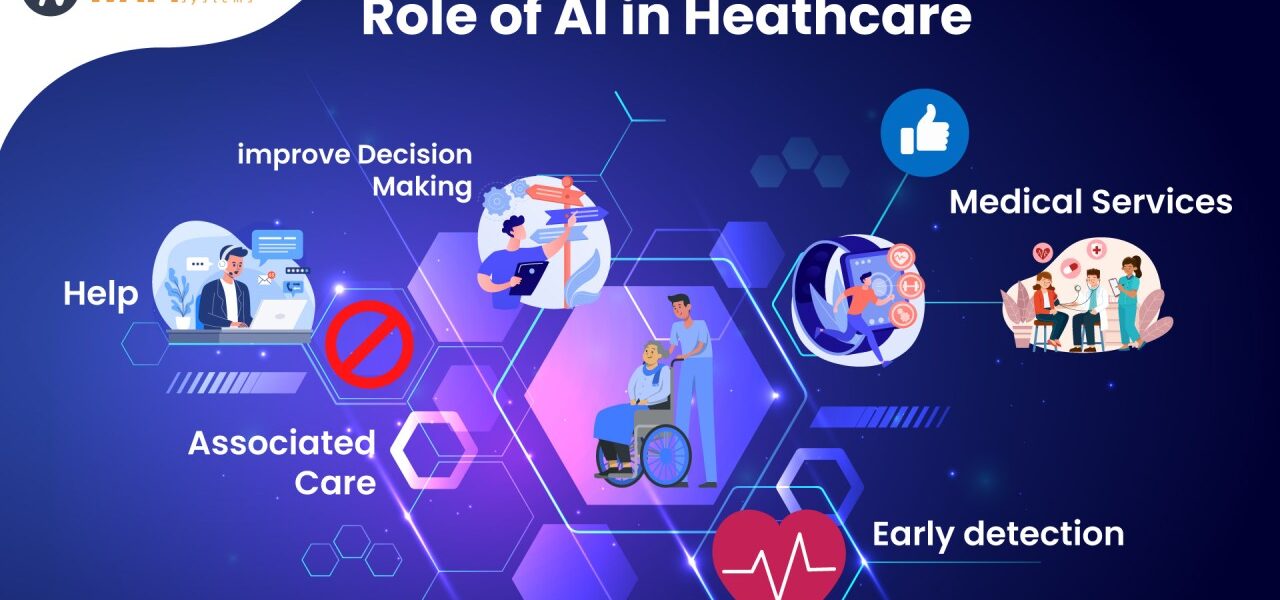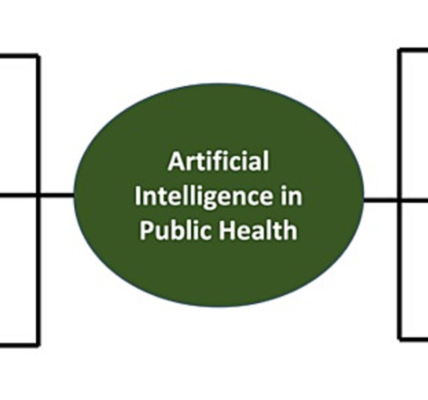Artificial Intelligence (AI) is increasingly becoming a key player in the health insurance industry, driving transformative changes in how insurance providers operate, interact with customers, and manage risk. By leveraging AI technologies, health insurers can enhance efficiency, improve customer experience, and better manage claims and fraud detection. This article explores the various roles of AI in health insurance, highlighting its impact on underwriting, claims processing, customer service, fraud detection, and overall operational efficiency.
Revolutionizing Underwriting Processes
One of the most significant ways AI is impacting health insurance is through the revolutionization of underwriting processes. Traditional underwriting involves assessing an applicant’s risk based on medical history, lifestyle factors, and other data points. This process is often manual, time-consuming, and prone to errors. AI enhances underwriting by automating and optimizing risk assessment.
Machine learning algorithms can analyze vast amounts of data from various sources, such as electronic health records, genetic information, and lifestyle data, to provide a more accurate and comprehensive risk profile. These algorithms can identify patterns and correlations that may not be immediately apparent through traditional methods, leading to more precise risk assessments. By automating data analysis and risk evaluation, AI not only speeds up the underwriting process but also improves accuracy, helping insurers make more informed decisions and offer more tailored insurance products.
Enhancing Claims Processing
AI also plays a crucial role in enhancing claims processing, a critical function in health insurance that can significantly impact customer satisfaction and operational efficiency. Traditional claims processing often involves manual review and validation, which can be time-consuming and susceptible to errors. AI-driven tools streamline this process by automating routine tasks and improving accuracy.
Natural Language Processing (NLP) and machine learning algorithms can analyze and interpret claims data, extracting relevant information and validating it against policy terms and conditions. AI systems can quickly identify discrepancies, flagging potential issues for further review. This automation reduces the time required to process claims, minimizes errors, and speeds up reimbursement for policyholders. Additionally, AI can provide real-time insights into claim trends and patterns, helping insurers identify opportunities for process improvement and cost reduction.
Improving Customer Service
AI significantly enhances customer service in health insurance by providing personalized and efficient support. Traditional customer service methods often involve lengthy wait times and limited accessibility. AI-powered chatbots and virtual assistants offer a more responsive and interactive alternative.
These AI-driven tools can handle a wide range of customer inquiries, from policy details and coverage questions to claims status and payment information. By providing instant responses and 24/7 availability, AI improves the overall customer experience and reduces the burden on human customer service representatives. Moreover, AI can analyze customer interactions and feedback to identify common issues and trends, enabling insurers to address customer concerns more effectively and tailor their services to meet evolving needs.
Detecting and Preventing Fraud
Fraud detection is a critical concern in health insurance, with fraudulent claims potentially costing insurers and policyholders substantial amounts of money. AI enhances fraud detection by providing advanced tools for identifying and preventing fraudulent activities.
Machine learning algorithms can analyze historical claims data to identify patterns and anomalies that may indicate fraudulent behavior. These algorithms can detect unusual claim patterns, such as repetitive claims for high-cost procedures or discrepancies between reported and actual medical services. By flagging suspicious activities for further investigation, AI helps insurers reduce the incidence of fraud and minimize financial losses. Additionally, AI systems can continuously learn and adapt to new fraud tactics, improving their effectiveness in detecting and preventing fraudulent activities over time.
Personalizing Insurance Products and Pricing
AI enables health insurers to offer more personalized insurance products and pricing by leveraging data-driven insights into individual health risks and preferences. Traditional insurance products often follow a one-size-fits-all approach, which may not adequately address the diverse needs of policyholders. AI allows insurers to create customized insurance plans that better align with individual requirements.
By analyzing data from various sources, such as medical records, lifestyle information, and wearable devices, AI can identify specific health risks and preferences. This information enables insurers to offer tailored coverage options and pricing that reflect an individual’s unique health profile. Personalized insurance products not only improve customer satisfaction but also enhance risk management by aligning coverage with actual health needs and behaviors.
Optimizing Operational Efficiency
AI contributes to overall operational efficiency in health insurance by automating administrative tasks and optimizing resource allocation. Many administrative functions, such as policy management, data entry, and reporting, involve repetitive and time-consuming processes. AI-driven automation tools can handle these tasks more efficiently, freeing up human resources for more complex and value-added activities.
For instance, AI systems can automate policy administration tasks, such as updating customer information, processing policy changes, and generating reports. This automation reduces the time and effort required for administrative functions, leading to cost savings and improved operational efficiency. Additionally, AI can provide insights into operational performance, helping insurers identify areas for improvement and implement strategies to enhance overall efficiency.
Ensuring Compliance and Risk Management
Compliance with regulatory requirements is a critical aspect of health insurance, and AI can assist in ensuring that insurers meet these obligations. AI-driven tools can monitor regulatory changes, analyze their impact on insurance practices, and generate reports to demonstrate compliance.
Moreover, AI can enhance risk management by providing predictive analytics and scenario modeling. By analyzing historical data and simulating different scenarios, AI helps insurers anticipate potential risks and develop strategies to mitigate them. This proactive approach to risk management contributes to more informed decision-making and helps insurers navigate complex regulatory environments.
Conclusion
AI is playing a transformative role in the health insurance industry, offering a range of benefits that enhance underwriting, streamline claims processing, improve customer service, and enhance fraud detection. By leveraging AI technologies, insurers can achieve greater efficiency, accuracy, and personalization in their operations. As AI continues to evolve, its impact on health insurance is likely to grow, driving further innovations and contributing to a more effective and responsive insurance industry. The integration of AI in health insurance not only improves operational efficiency but also enhances the overall experience for policyholders, paving the way for a more customer-centric and data-driven future in insurance.





